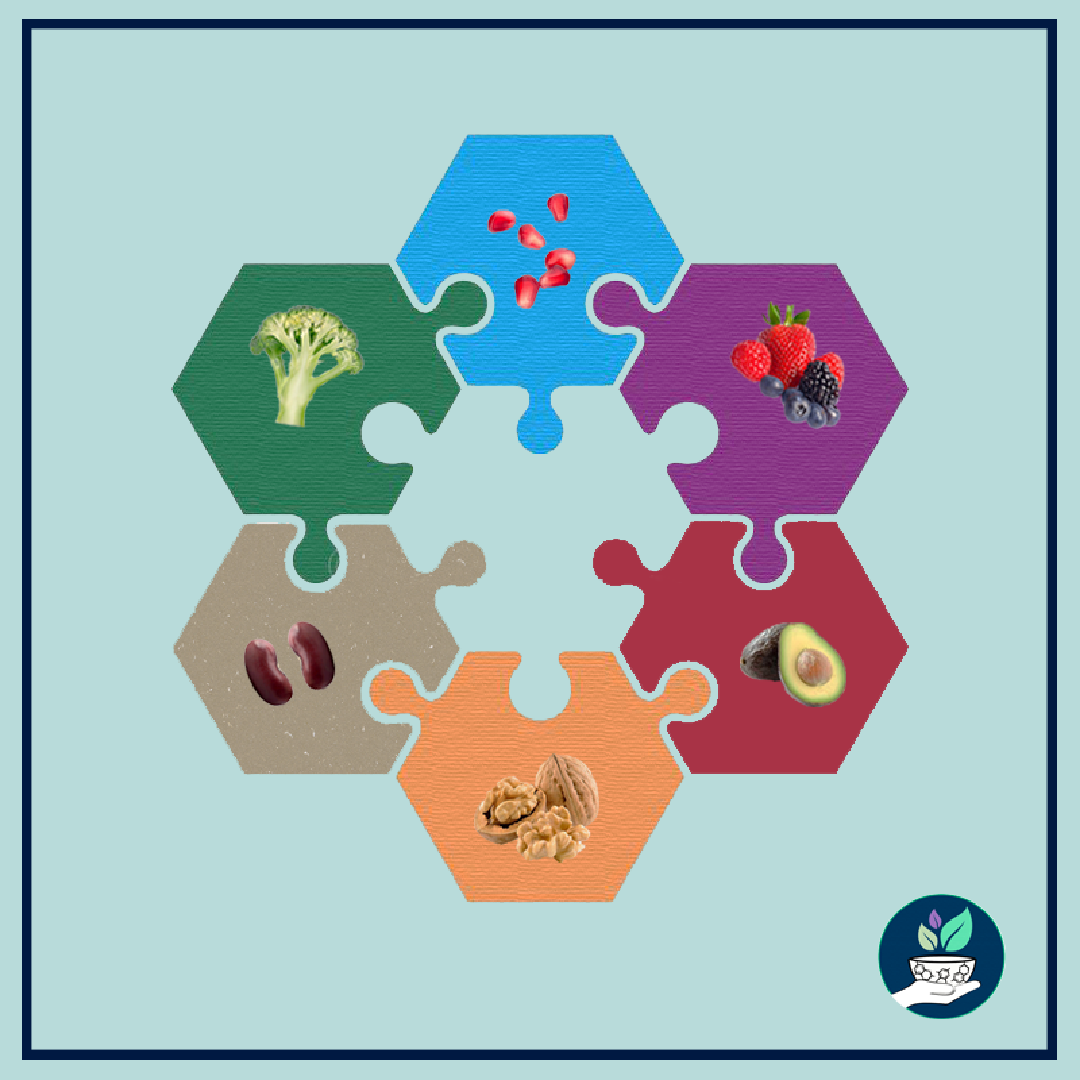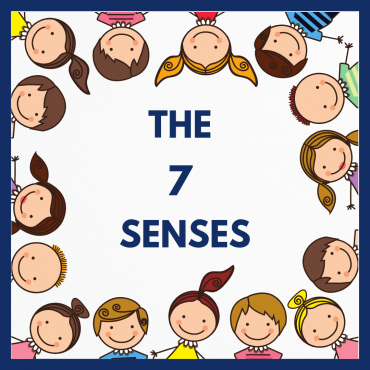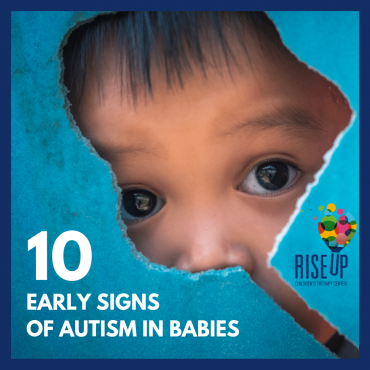What do we mean by ‘optimal’ wellbeing and cognitive health?
Optimal health is a state of complete physical, mental and social wellbeing.
Whether your goal is to improve your child’s mood, enhance cognitive function, prevent its decline, or even provide beneficial effects in specific neurological conditions such as epilepsy, attention deficit hyperactivity disorder (ADHD) and autism, then this article is for you. In order to make informed therapeutic choices that will help gear our children towards reaching their full potential, it is important to seek evidence-based advice that will consider the key factors that influence their specific developmental needs. These factors include nutrition, lifestyle, genetics and psychological, psychosocial and emotional wellbeing.
What is Nutritional Therapy?
The quality of our nutrition and diet has important and wide-ranging benefits for our mental and physical health. Clinical nutritionists are trained to provide solutions not only for a healthier diet and lifestyle but also for the prevention and treatment of health problems, by identifying the underlying causes of your symptoms, giving scientifically proven and personalised programmes that meet your needs and preferences.
A clinical nutritionist may address the following:
– Support for healthy digestion and proper bowel function
– Correcting nutrient deficiencies with blood or biochemical testing – Weight Management / Addressing blood sugar imbalances
– Ensuring optimal dietary intake of essential fatty acids
– Assessing exposure to environmental toxins e.g. heavy metals
– Excluding food additives (colourings, replacement sugars, sulphites) – Investigating food allergies and sensitivities, such as gluten and dairy – Supporting a healthy liver function
Signs and Symptoms it can help with:
Dyslexia Dyspraxia ADHD/Autism Concentration Memory Hyperactivity Learning difficulties Anxiety Depression Irritability Nervousness Productivity Fatigue Insomnia
How can nutrition support learning and development?
Children with neurodevelopmental conditions often present clinical signs such as fatigue, inattention and poor concentration, have difficulties with coordination-execution and neurological manifestations. Deficiencies of iodine, iron, vitamin D, B vitamins (B12, B6, B3, B9), magnesium, zinc and omega-3 fats are all important for the developing brain and the emergent cognitive functions. Clinical studies show that neurobehavioural characteristics may be promoted by nutritional deficiencies, and corresponding effects on mood and stress levels may be modulated by dietary interventions. Behavioural symptoms can be driven by a variety of biological mechanisms such as changes in neurotransmitter synthesis (e.g., dopamine, GABA), the interaction between the intestinal microbiome (gut bacteria) and the gut-brain axis, and proinflammatory mechanisms.
Specific foods and dietary patterns can support a healthy mood and optimum brain performance. Interventions using regular supplementation at relevant therapeutic dosages may help improve learning and achievement, reduce the frequency and severity of symptoms and prevent disease. For example, the therapeutic efficacy of omega-3 fatty acids has been clinically proven in the management of ADHD-related symptoms and dyslexia. Therefore, a holistic program that supports the right combination of neuroprotective, anti-inflammatory and antioxidant nutrients may be extremely beneficial for children’s academic performance and sociobehavioural development.
Home Aid Tips
- Balance blood sugar levels
- Increase intake of omega 3 by eating oily fish such as mackerel, salmon, sardines or vegetarian sources e.g., flaxseeds, walnuts, macadamias and chia seeds.
- Increase dietary intake of healthy fats e.g., avocado, olive oil, coconut oil, nuts and seeds and AVOID unhealthy fats
- Increase vitamins-minerals by eating fresh and colourful vegetables e.g., green leafy varieties and fruit
- Assess vitamin D blood levels 5. Note food allergies or intolerances
- Improve sleep patterns and introduce sleep hygiene
- Include daily activities which encourage movement e.g., exercise, walking,
Does my child need Nutritional therapy?
People are often interested in utilising a wide range of therapies to better manage their health and optimise care. Nutritional therapy works well on its own or alongside medication and other therapies, making these therapies even more effective in a well-nourished individual. Even those who follow a healthy diet are likely to benefit from nutritional therapy, as each person has individual and specific factors that impact their mental and physical health.
References
Adan, R., van der Beek, E., Buitelaar, J., et al. (2019). Nutritional psychiatry: Towards improving mental health by what you eat. European Neuropsychopharmacology, 29(12), pp.1321-1332.
Bryan, J., Osendarp, S., Hughes, D., Calvaresi, E., Baghurst, K. and Klinken, J. (2004). Nutrients for Cognitive Development in School-aged Children. Nutrition Reviews, 62(8), pp.295-306.
Grosso, G. (2021). Nutritional Psychiatry: How Diet Affects Brain through Gut Microbiota. Nutrients, 13(4), p.1282.
Mattei, D. and Pietrobelli, A. (2019). Micronutrients and Brain Development. Current Nutrition Reports, 8(2), pp.99-107.
Meguid, N., Anwar, M., and Hussein, J. et al. (2018) Evaluation of plasma neurotransmitters in children living with Attention-Deficit Hyperactivity Disorder (ADHD). Bioscience Research 15(1): 152-159.










